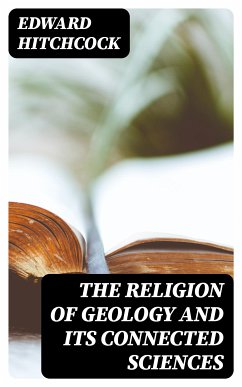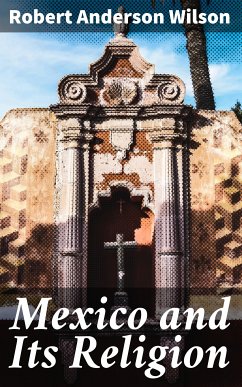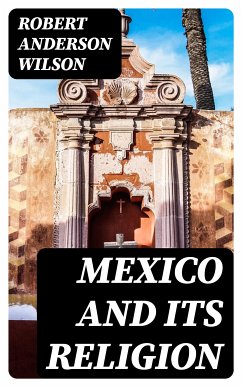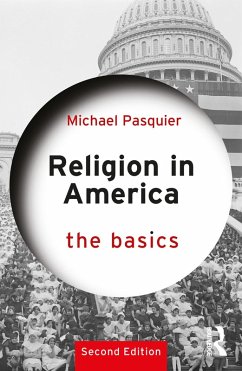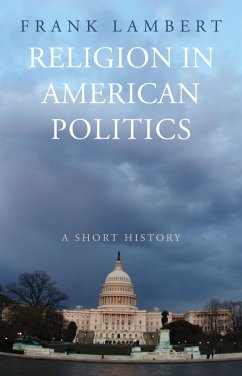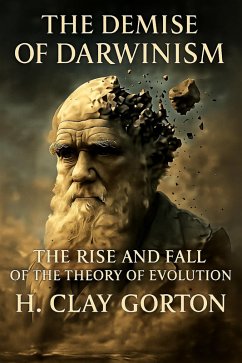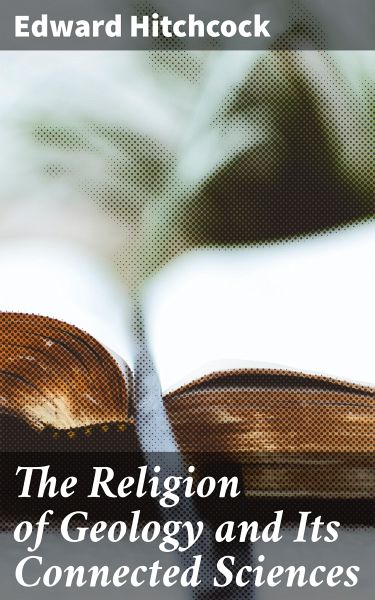
The Religion of Geology and Its Connected Sciences (eBook, ePUB)
Exploring the Divine in Geological Science
Versandkostenfrei!
Sofort per Download lieferbar
0,49 €
inkl. MwSt.
Weitere Ausgaben:

PAYBACK Punkte
0 °P sammeln!
In "The Religion of Geology and Its Connected Sciences," Edward Hitchcock presents a profound exploration of the intersection between geological sciences and religious thought. The book combines meticulous scientific inquiry with philosophical introspection, as Hitchcock addresses how geological findings can coexist with the theological views of the time. His literary style is characterized by a systematic approach, employing clear, erudite prose that invites a broad readership to engage with complex ideas. Set against the backdrop of 19th-century America, a period marked by significant scient...
In "The Religion of Geology and Its Connected Sciences," Edward Hitchcock presents a profound exploration of the intersection between geological sciences and religious thought. The book combines meticulous scientific inquiry with philosophical introspection, as Hitchcock addresses how geological findings can coexist with the theological views of the time. His literary style is characterized by a systematic approach, employing clear, erudite prose that invites a broad readership to engage with complex ideas. Set against the backdrop of 19th-century America, a period marked by significant scientific advancement and theological debate, Hitchcock's work serves as a crucial dialogue between science and faith, asserting that geological evidence can enhance, rather than threaten, religious belief. Edward Hitchcock, a prominent geologist and paleontologist, was deeply influenced by both his scientific background and his commitment to spirituality. As a professor and the president of Amherst College, Hitchcock was at the forefront of geological research during a time when the theory of evolution and the age of the Earth were hotly debated topics. His dual passions for nature and theology informed his views, leading him to seek harmony between what science reveals and the spiritual truths upheld by religion. Highly recommended for scholars and general readers alike, this book is essential for anyone interested in the dialogue between science and religion. Hitchcock's nuanced perspective not only sheds light on the geological sciences but also offers a compelling discussion on the implications of those findings for faith. Readers will find themselves enriched and challenged by Hitchcock's earnest endeavor to bridge these seemingly disparate realms.
Dieser Download kann aus rechtlichen Gründen nur mit Rechnungsadresse in A, B, BG, CY, CZ, D, DK, EW, E, FIN, F, GR, H, IRL, I, LT, L, LR, M, NL, PL, P, R, S, SLO, SK ausgeliefert werden.




